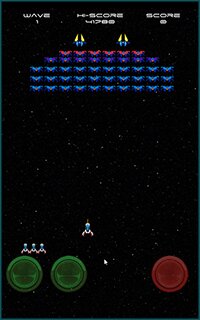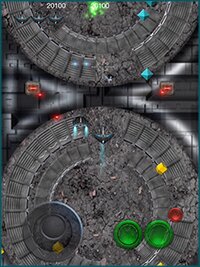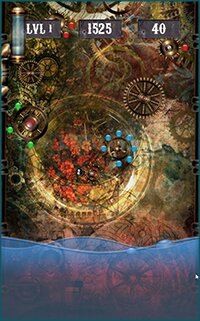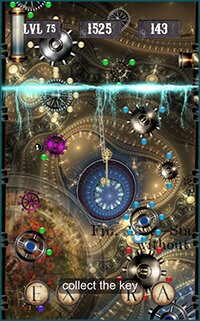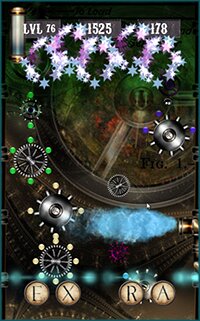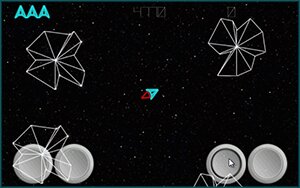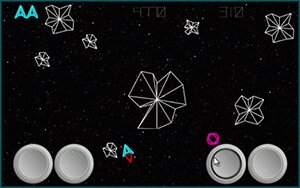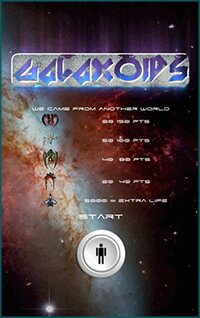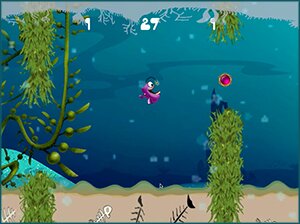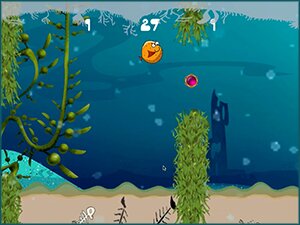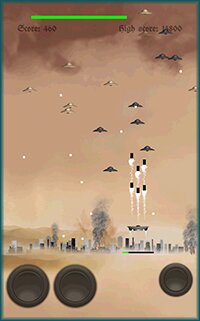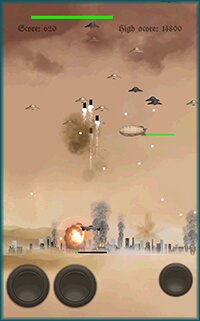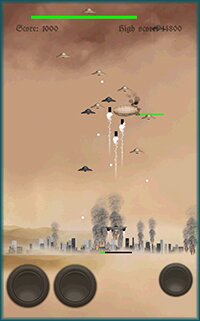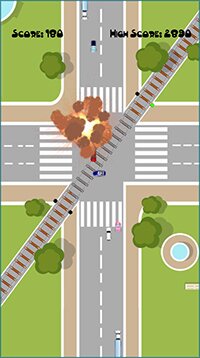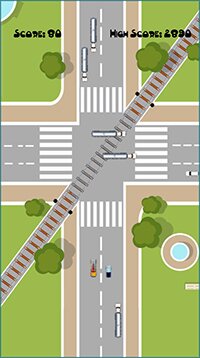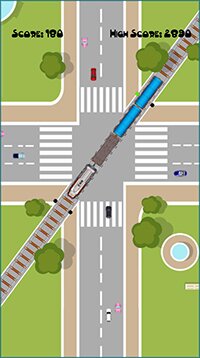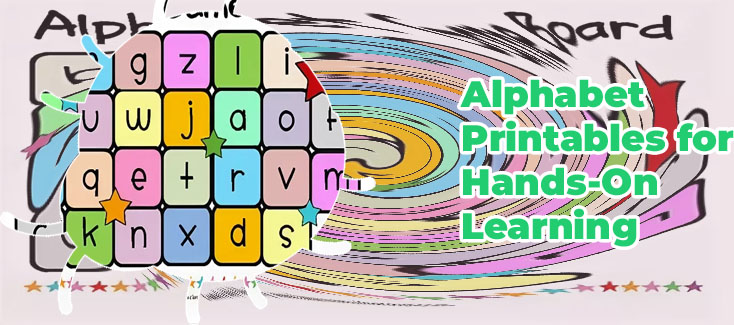
Interactive alphabet games
If you are looking for creative ways to help children learn their alphabet, then these articles are perfect for you. From alphabet games that make learning fun and engaging to tips for incorporating alphabet activities into your daily routine, these resources will provide you with plenty of ideas to help children master their ABCs.
10 Fun and Educational Alphabet Games for Kids
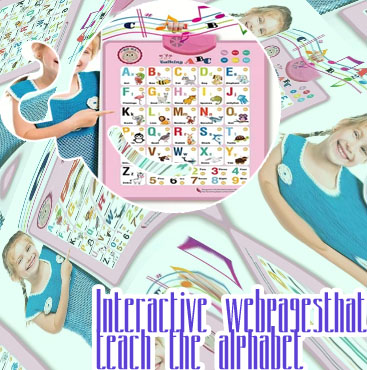
Today, we had the pleasure of exploring a variety of engaging alphabet games for children that are not only fun but also highly educational. These interactive games provide a great way for kids to learn the alphabet while enjoying themselves.
One game that really caught our attention was the Alphabet Bingo. This game is a playful twist on the traditional bingo game, where children have to match letters on their bingo cards to the ones called out by the game master. Not only does this game help kids recognize letters, but it also improves their listening skills and concentration.
Another standout game was Alphabet Puzzles. This game challenges kids to match letters together to form words or complete a puzzle. It's a great way for kids to practice their letter recognition skills while also working on problem-solving abilities.
Overall, these games offer a fantastic blend of learning and entertainment for children. By incorporating these games into their daily routine, parents can ensure that their kids are building a strong foundation in literacy skills.
This article is important for parents and educators looking for creative ways to teach children the alphabet and promote early literacy. By introducing these fun and educational games, kids can develop a love for learning and language from a young age.
How to Make Learning the Alphabet Exciting with Hands-On Activities
Learning the alphabet is a crucial milestone in a child's education. However, it can often be a challenging and tedious task for young learners. That's where hands-on activities come in. By incorporating tactile experiences into alphabet learning, educators can make the process fun and engaging for children.
One way to make learning the alphabet exciting is through the use of sensory bins. These bins are filled with various materials such as sand, rice, or even water, in which children can search for letters of the alphabet. Not only does this activity help children identify and recognize letters, but it also exposes them to different textures and sensory experiences.
Another hands-on activity that can make learning the alphabet fun is alphabet crafts. Children can create their own alphabet books, letter collages, or even letter puzzles using materials like colored paper, stickers, and markers. Not only does this activity help children practice their fine motor skills, but it also allows them to be creative and express themselves through art.
In addition to sensory bins and alphabet crafts, educators can also incorporate games and songs into alphabet learning. Games like alphabet bingo or alphabet memory match can make learning letters more interactive and exciting for children. Singing alphabet songs and rhymes can also help children remember the order of the alphabet more easily.
The Importance of Alphabet Games in Early Childhood Education
Alphabet games play a crucial role in early childhood education by aiding in language development, literacy skills, and cognitive growth. Research has shown that these games help children familiarize themselves with the letters of the alphabet, their sounds, and how they form words. By engaging in alphabet games, children are able to recognize and differentiate between letters, which is a foundational skill for reading and writing.
One study conducted by the University of Toronto found that children who regularly played alphabet games showed significant improvement in their letter recognition and phonemic awareness compared to those who did not. The study also revealed that children who engaged in alphabet games had higher reading levels by the end of kindergarten.
Furthermore, alphabet games can also enhance children's memory, attention span, and problem-solving skills. By actively participating in games that require them to identify and match letters, children are able to exercise their brains and improve their cognitive abilities.
In conclusion, the significance of alphabet games in early childhood education cannot be overstated. These games not only make learning fun and engaging for children, but they also lay the groundwork for their future academic success. Educators and parents alike should incorporate alphabet games into their teaching strategies to promote language development and literacy skills in young learners.





